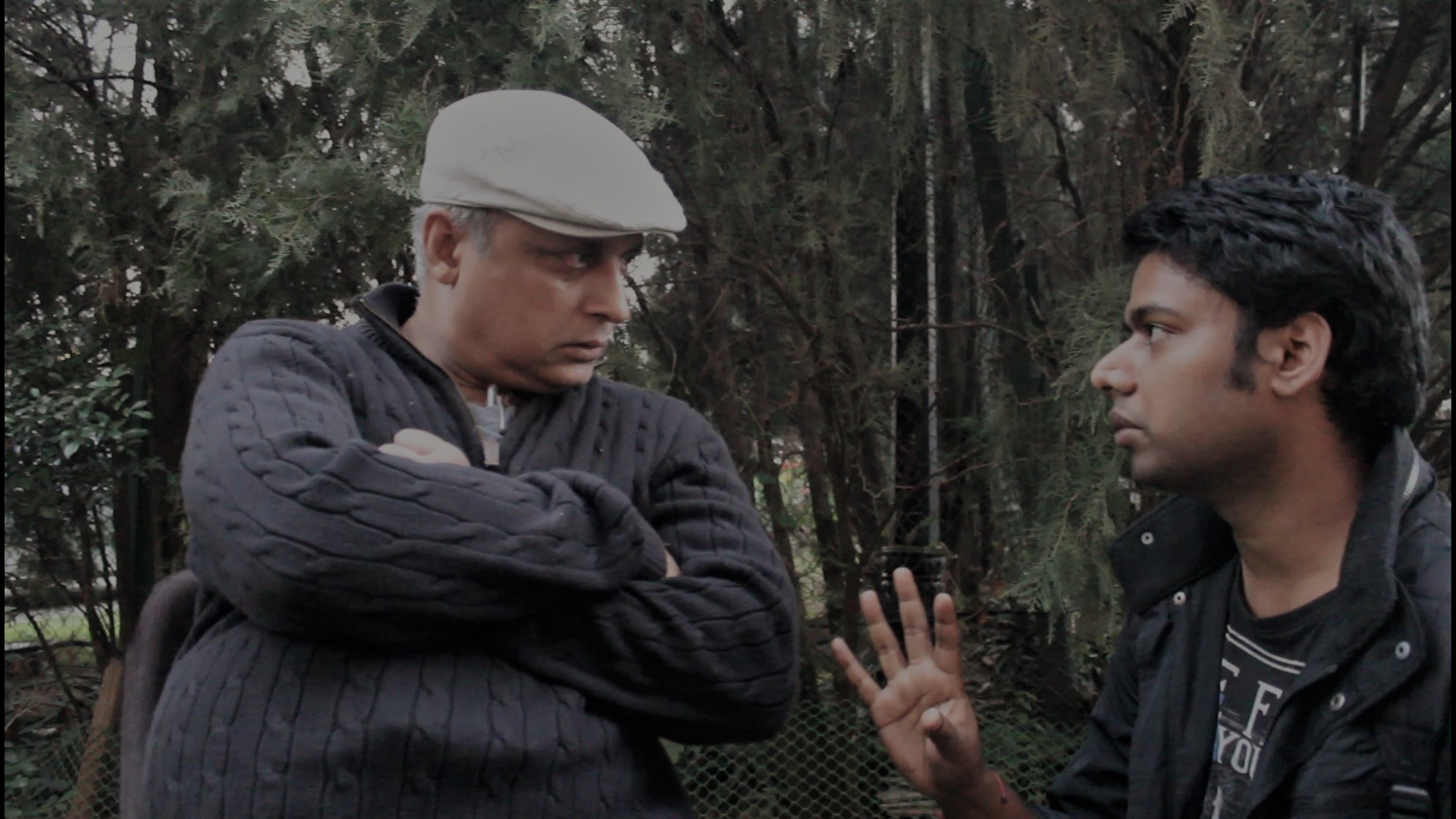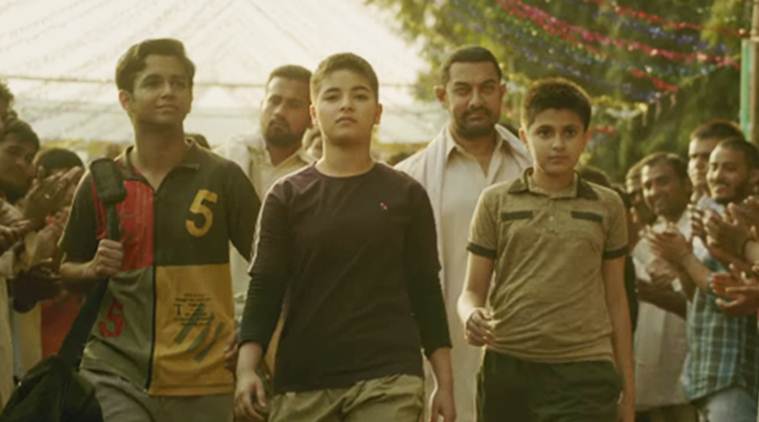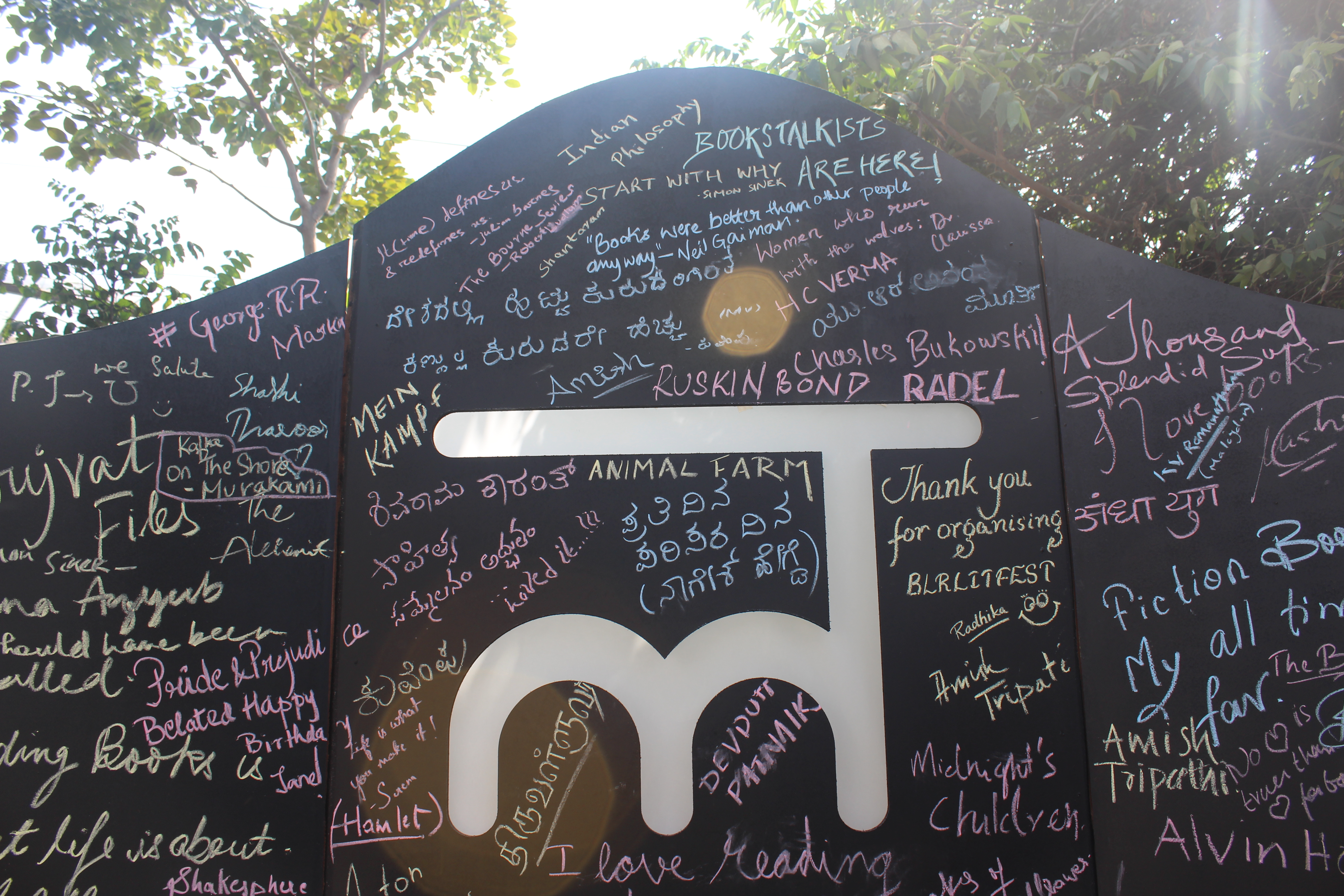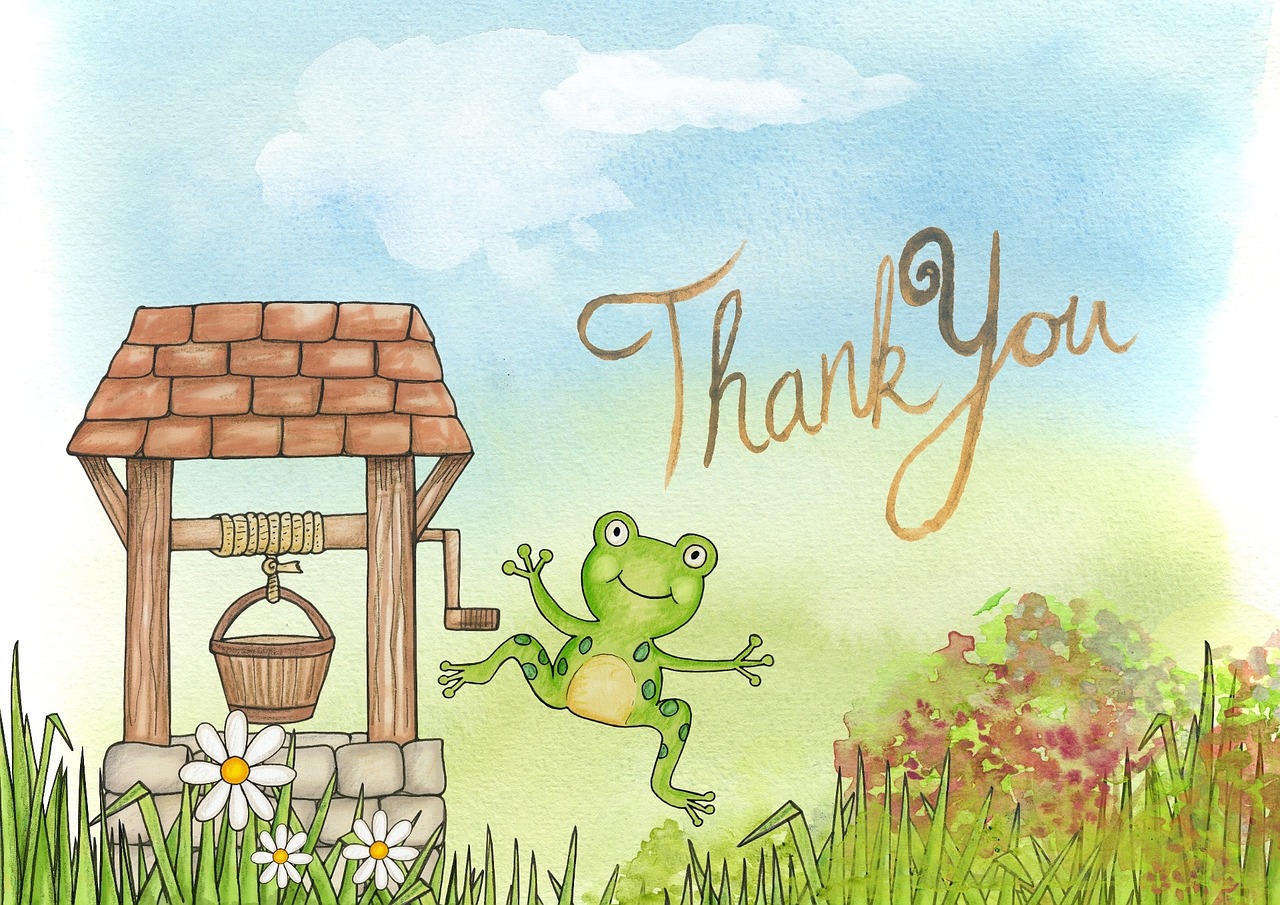I had been meaning to attend the Mangal Arati (the morning prayers in Indian temples) at the Ramakrishna Math, Ulsoor (Bengaluru). The Arati starts at 5 am sharp. So I had to start around 4 am to reach well in time. This was on 25th of February. Though it was difficult to break the inertia of sleep, once broken, it was all energy and exuberance in the arctic breeze striking against the face. The night was not over yet. The morning was yet to arrive.
I reached the temple just in time to witness the Mahashivaratri (the night of Shiva) celebrations. Though the original plan was to participate in the Mangal Arati at 5 am, the Shivaratri celebrations from the previous night were just drawing to a close when I reached. It was a sight to behold. Shiva’s image was placed on a throne, ameliorated with flowers and sandalwood paste. The uplifting florid whiff in the air kept all the devotees who had assembled there from the previous night absorbed in Shiva. Many sang, a few meditated, and others just kept an incessant gaze at Shiva, perhaps in contemplation.
While the world outside of me was absorbed in the songs and mantra chanting, my mind was busy weaving a web of questions, answers, analogies, and conclusions. Does God exist? Does Shiva exist? Who are these people worshipping? I observed both sides of the world – The God side and the Devotee side. I saw no difference. There never existed two worlds. It was one. The only answer that could tranquilize me was that God exists when the devotee exists. God ceases to exist when devotees cease to. That we have created impenetrable firewalls between these two worlds, is our own undoing. Inside the temple, at that moment, I couldn’t tell if the devotees were worshipping Shiva or Shiva was worshipping the devotees.
While we all celebrate our deities according to our preferences, we tend to forget the names who exemplified devotion and became the Bhaktas who brought the God to us in a humane and relatable form. I find that our history is replete with such stories where Bhagwan (God) and Bhakta (Devotee) have been put on the same pedestal. One is no less than the other for if there is no Devotee, there is no God. Ram and Hanuman, Ram and Tulasidas, Krishna and Radha, Krishna and Meera, Krishna and Sur, Vishnu and Prahlad – the count just keeps growing. There has perhaps never been a story where the God has existed without the Devotee. It would be safe to say that the Devotee creates the God. A spiritual novice is helped on his journey to enlightenment by relating to a humane God that one enlightened devotee from amongst us has created in the past. If we extrapolate this point, we see clearly that for us God is what these devotees tell us about him/her. Krishna is what devotees like Sur, Meera have told us about him. Ram is what devotees like Tulasidas, Kaka Bhusundi tell us about him. Similarly, in a different religion like Christianity, God is seen through the eyes of Jesus.
The night belonged to Shiva, naturally one thinks of Shiva, and one realizes that one sees him only through the stories and poems written and composed by his devotees. Since I belong to the Mithila region of our country, the most prominent name that occurred to me was that of Kavi Kokil Vidyapati. Kavi meaning poet, Kokil meaning Cuckoo, and Vidyapati meaning the Master of Knowledge. True to his name, Vidyapati was a great scholar in Sanskrit and chiefly wrote in Maithili, Abahatta, and Sanskrit. There are two major classifications of his poems – one – love poems concerning Radha and Krishna and then the devotional poems and songs for Shiva. Such is his influence in the Mithila region that no celebration is complete without the rendition of his songs. Interestingly, since he lived in the times when the chief language of eastern India was Abahatta – the primitive form of Maithili, Bengali, Nepali, and Oriya; his influence on these languages is seen as analogous to that of Dante in Italy and Chaucer in England. Vidyapati lived from AD 1352 to 1448.

The life story of Vidyapati stands as the most glittering testimony to the way Bhakta-Bhagwan relationship has been treated in Indian tradition of culture and its accompanying literature. It is said that Shiva was so impressed by the bhakti of Vidyapati that he took the form of an illiterate herdsman and offered to serve Vidyapati and live with him. Once when the poet was traveling on the invitation of King of Mithila Shiva Singh, he was dehydrated and needed water to drink. Since the area was barren and there was no water source in the vicinity, Shiva who was disguised as Ugna poured out some gangajal (water from Ganges) from his jataa (matted hair). Vidyapati at once recognized gangajal and insisted that Ugna reveal his true form. Ugna admitted to being Shiva himself and promised to stay with him till his identity is not revealed. Later in time, once wife of Vidyapati, Sushila angry at Ugna for not completing his assigned task charged towards him with a broom to punish. Vidyapati couldn’t stand this quietly and gave away Shiva’s cover. Shiva disappeared instantly leaving Vidyapati sad and depressed. Vidyapati left his house in search for Ugna and after much roaming and wanderings, found him at Nandanvana. Ugna didn’t come back with Vidyapati but promised to help Vidyapati as and when needed. The celebrated place where they met again is now known as Ugnasthan (the place of Ugna).
Vidyapati composed several poems for Shiva. The most important aspect of his songs is that they are emotionally very personal and the deity appears to be extremely close to the devotee, sometimes as friend, at times as disciple, other times the Bhakta suffering in separation from Shiva. This is one great thing that in his poems, Shiva is not an alien super-human figure who is just meant to be worshipped from a distance. In his songs and poems, Shiva becomes your best friend who knows you the best and you are allowed to protest, whine, and love. Shiva becomes that ally in whom you confide all your secrets, share all the joys and sorrows of the world. Vidyapati’s God is not merely to be respected and worshipped; he is to be loved, adored, pampered and kept close all the time.
The Shiva that Mithila knows today is perhaps the personification of all the poems of Vidyapati on Shiva. In a way, Mithila worships the Shiva of Vidyapati. In other words, the regions of Mithila, Bengal, Odisha, and Nepal adopted the Shiva that was created by the great devotee-poet Vidyapati. I am sure this would be true for most of the regions of our country. We have since time immemorial known Gods through their devotees. Be it the Advaita Brahman of Adi Shankaracharya or the beloved Krishna of the romantique Radha, the Mother Kali of Sri Ramakrishna or the Shiva of Sundarar. Gods have needed ardent devotees to bring them closer to this world. As such, knowing the Bhakta is not different from knowing the Bhagwan. The devotees who sat inside the temple premises to observe the Mahashivaratri celebrations projected their own individual selves and together created the whole i.e. Shiva who they worshipped. It won’t be a hyperbole then to say that if one believes that this world was created by an almighty force, it was created only to complete that force’s own existence. Without the manifestation of force, one can’t see the force. What does it matter then that the force still exists?
Note – If you are interested, read through the poems of Kavi Vidyapati. A couple of sources are provided below. Various song-renditions are available on youtube.
Note on 21st February, 2020 (Mahashivaratri) – This rendition is by my mother Smt. Kavita Jha (1973-2019), who absolutely loved singing Vidyapati.












